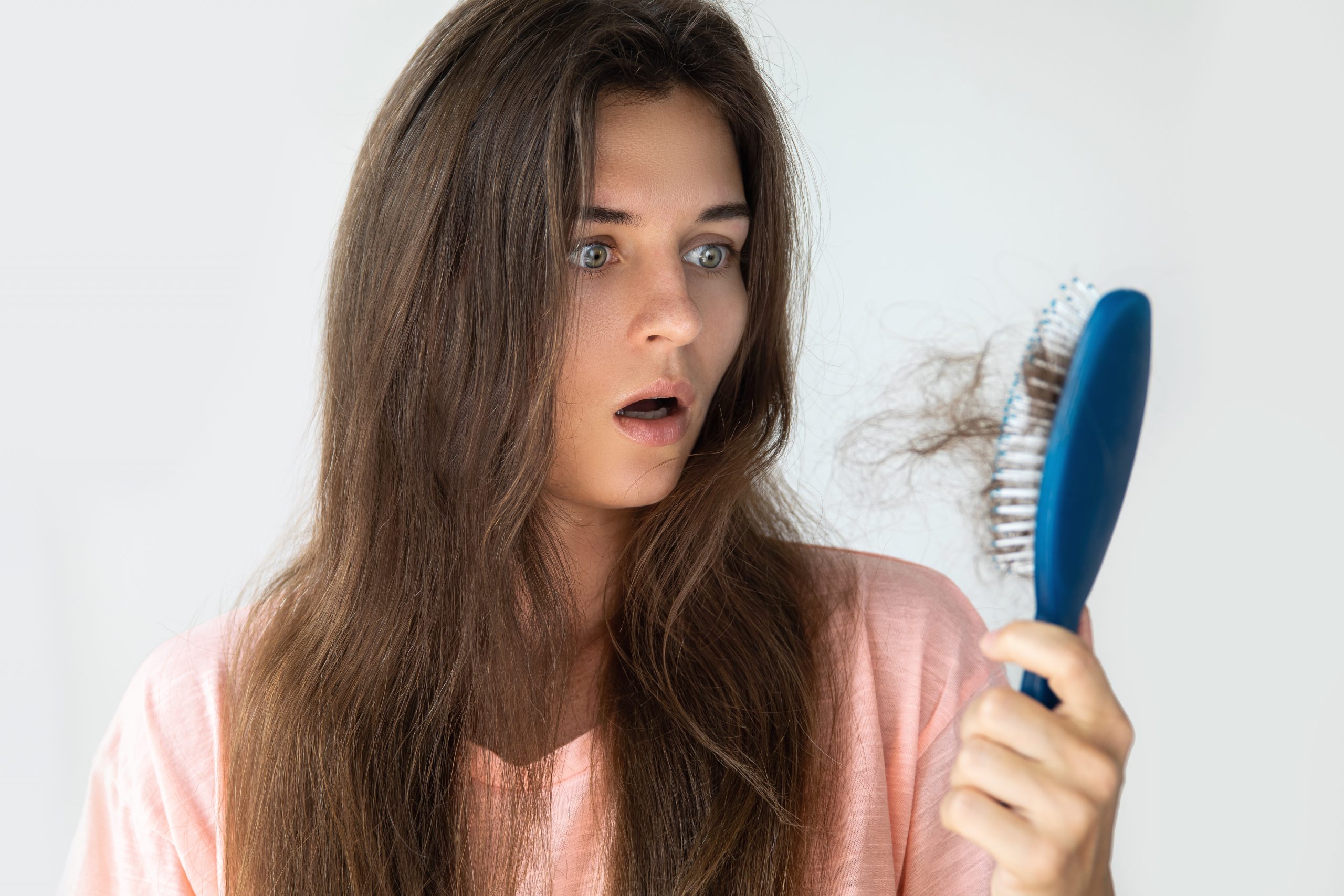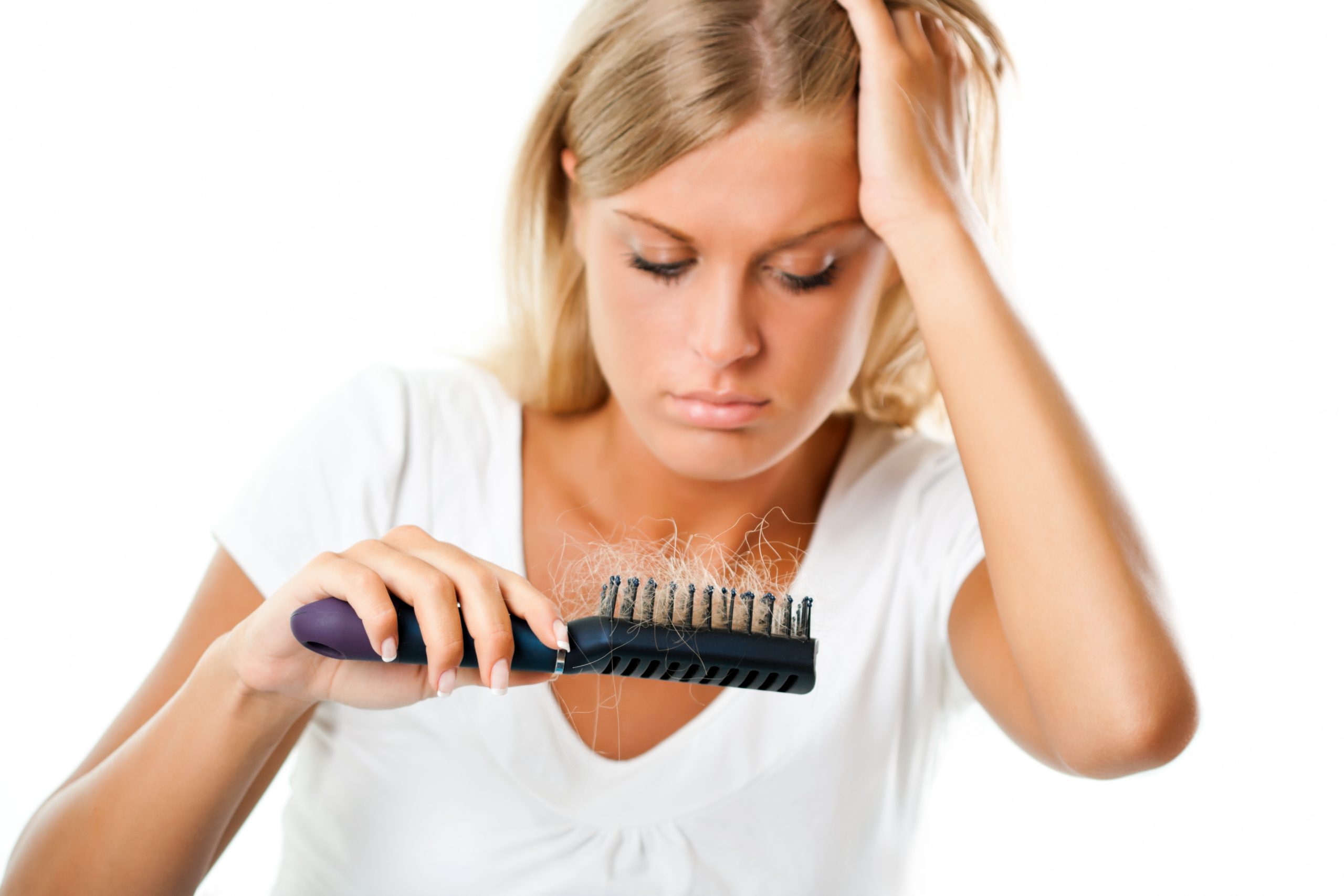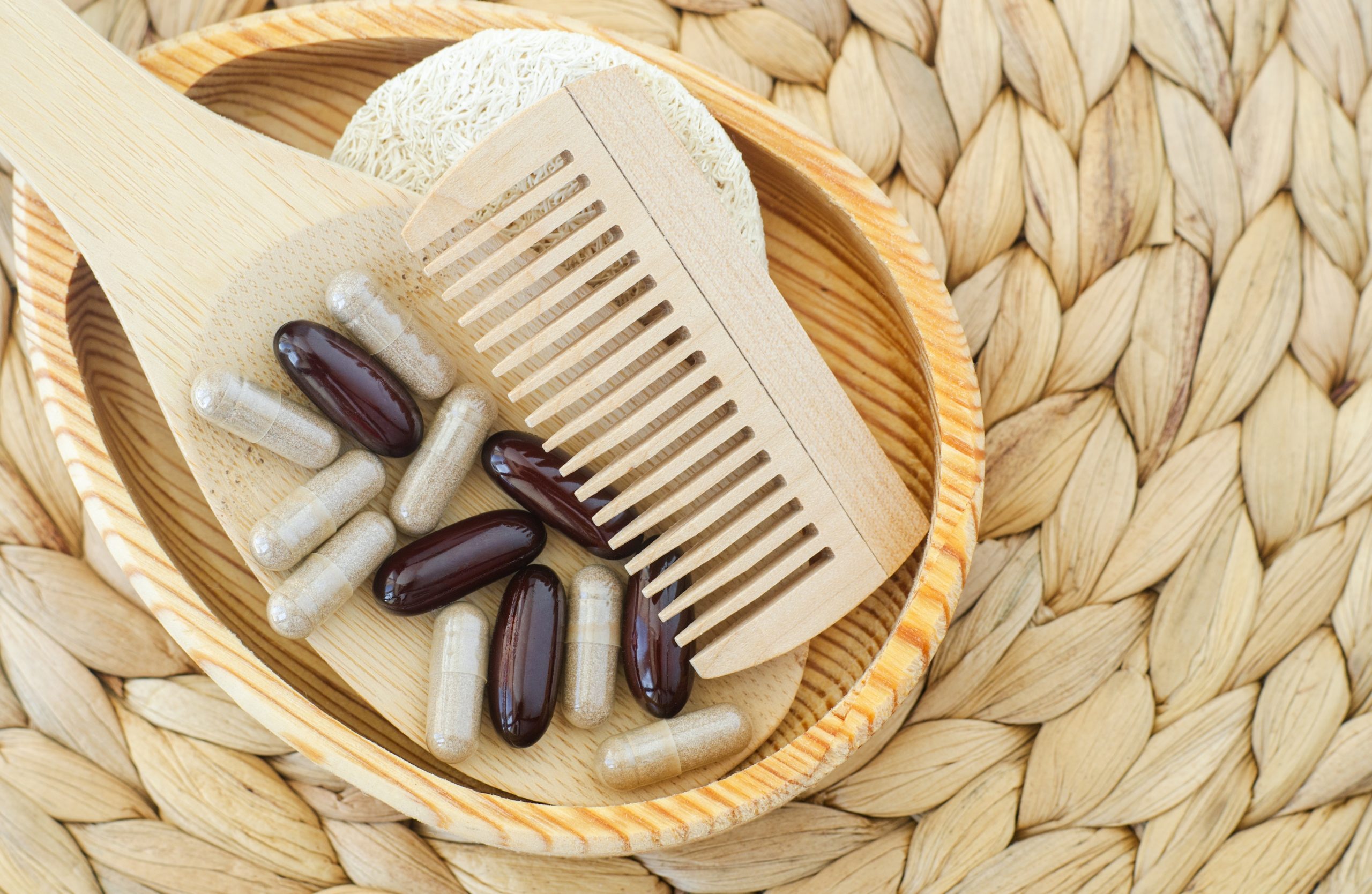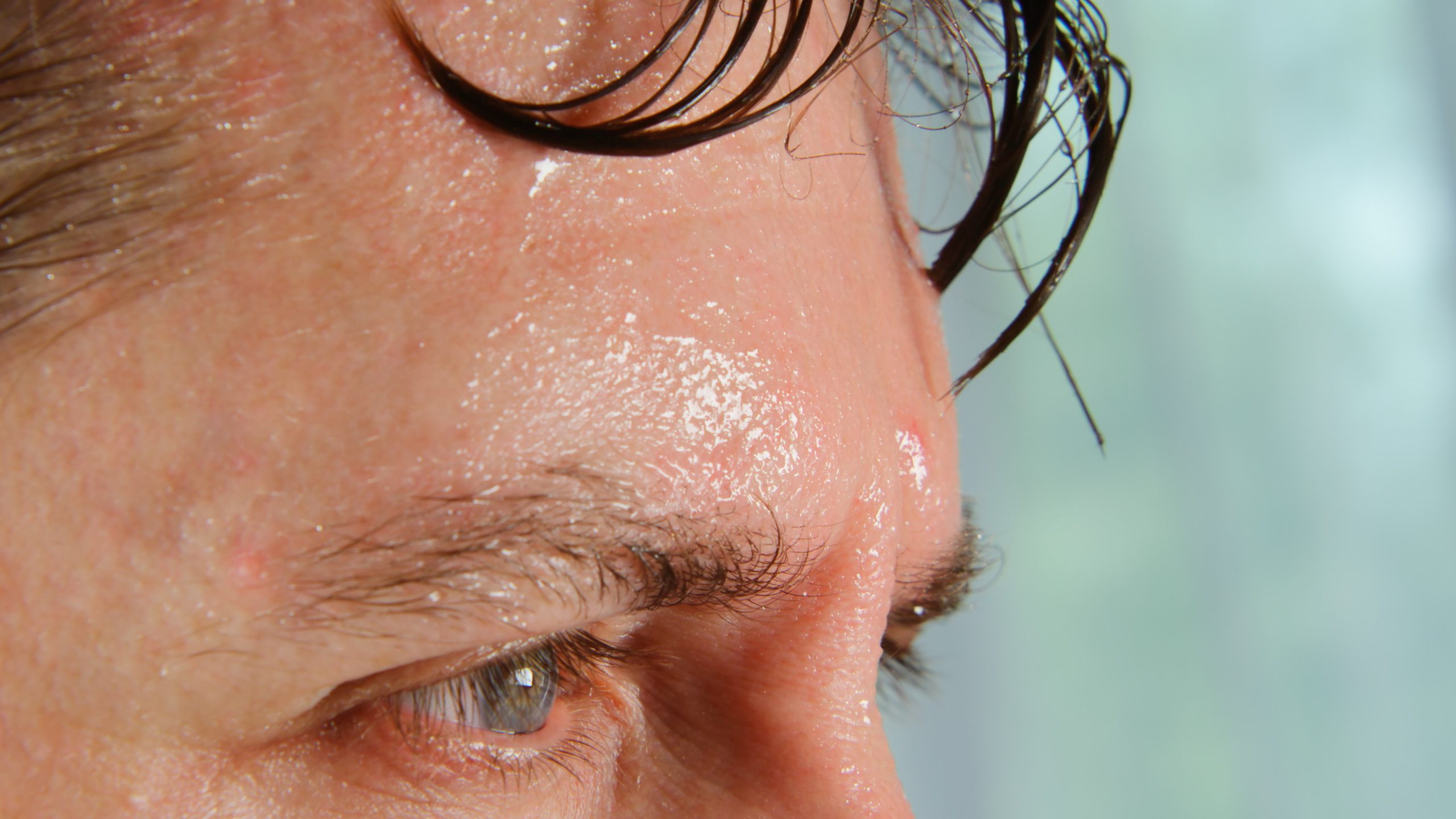Hair loss is a prevalent concern that affects both men and women, and it can have a significant impact on self-esteem and confidence. Understanding the common causes of hair loss is crucial for identifying the underlying factors and exploring appropriate treatment options. In this article, we will discuss the main culprits behind hair loss in men and women and shed light on the factors contributing to thinning hair.
- Androgenetic Alopecia: Androgenetic alopecia, commonly known as male or female pattern baldness, is the most common cause of hair loss. It is hereditary and occurs due to a combination of genetic and hormonal factors. In men, it typically leads to a receding hairline and thinning at the crown, while in women, it results in overall thinning of the hair.
- Hormonal Changes: Hormonal changes can trigger hair loss in both men and women. For example, in women, hormonal fluctuations during pregnancy, childbirth, or menopause can cause temporary hair shedding. In men, an increase in dihydrotestosterone (DHT), a hormone derived from testosterone, can lead to hair follicle miniaturization and eventual hair loss.
- Medical Conditions: Various medical conditions can contribute to hair loss. For instance, thyroid disorders, such as hypothyroidism or hyperthyroidism, can disrupt the normal hair growth cycle. Autoimmune diseases like alopecia areata cause the immune system to attack hair follicles, resulting in patchy hair loss. Scalp infections, such as ringworm, can also lead to hair loss if left untreated.
- Nutritional Deficiencies: Inadequate nutrition can impact hair health and contribute to hair loss. Deficiencies in essential nutrients like iron, zinc, vitamins A, C, D, and E, and B-complex vitamins can affect the hair growth cycle. Poor dietary choices, restrictive diets, or certain medical conditions that hinder nutrient absorption can all play a role in hair loss.
- Stress and Telogen Effluvium: Excessive physical or emotional stress can trigger a condition called telogen effluvium, where a large number of hair follicles prematurely enter the resting (telogen) phase and shed simultaneously. This leads to temporary hair thinning and shedding. Significant life events, surgery, illness, or chronic stressors can trigger telogen effluvium.
- Medications and Treatments: Certain medications and medical treatments can cause hair loss as a side effect. Examples include chemotherapy drugs, anticoagulants, antidepressants, and some acne medications. Additionally, excessive use of hairstyling tools, chemical treatments like perming or straightening, and tight hairstyles that pull on the hair can cause traction alopecia and contribute to hair loss.
- Age and Hormonal Changes: Age-related hormonal changes can impact hair growth. In men, as they age, testosterone levels decrease while DHT levels increase, leading to hair thinning and loss. Women may experience hair loss as they go through menopause due to fluctuating hormone levels, particularly a decline in estrogen.
- Genetic Predisposition: Genetic factors play a significant role in determining hair loss susceptibility. If there is a family history of hair loss, especially on the maternal side, individuals are more likely to experience hair loss themselves. Genetic factors can influence the sensitivity of hair follicles to hormones like DHT and determine the pattern and severity of hair loss.
- Poor Hair Care Practices: Overuse of harsh hair care products, frequent heat styling, excessive brushing or pulling, and improper handling of wet hair can damage the hair shaft, weaken the roots, and contribute to hair loss. Maintaining a gentle hair care routine and using products suitable for your hair












